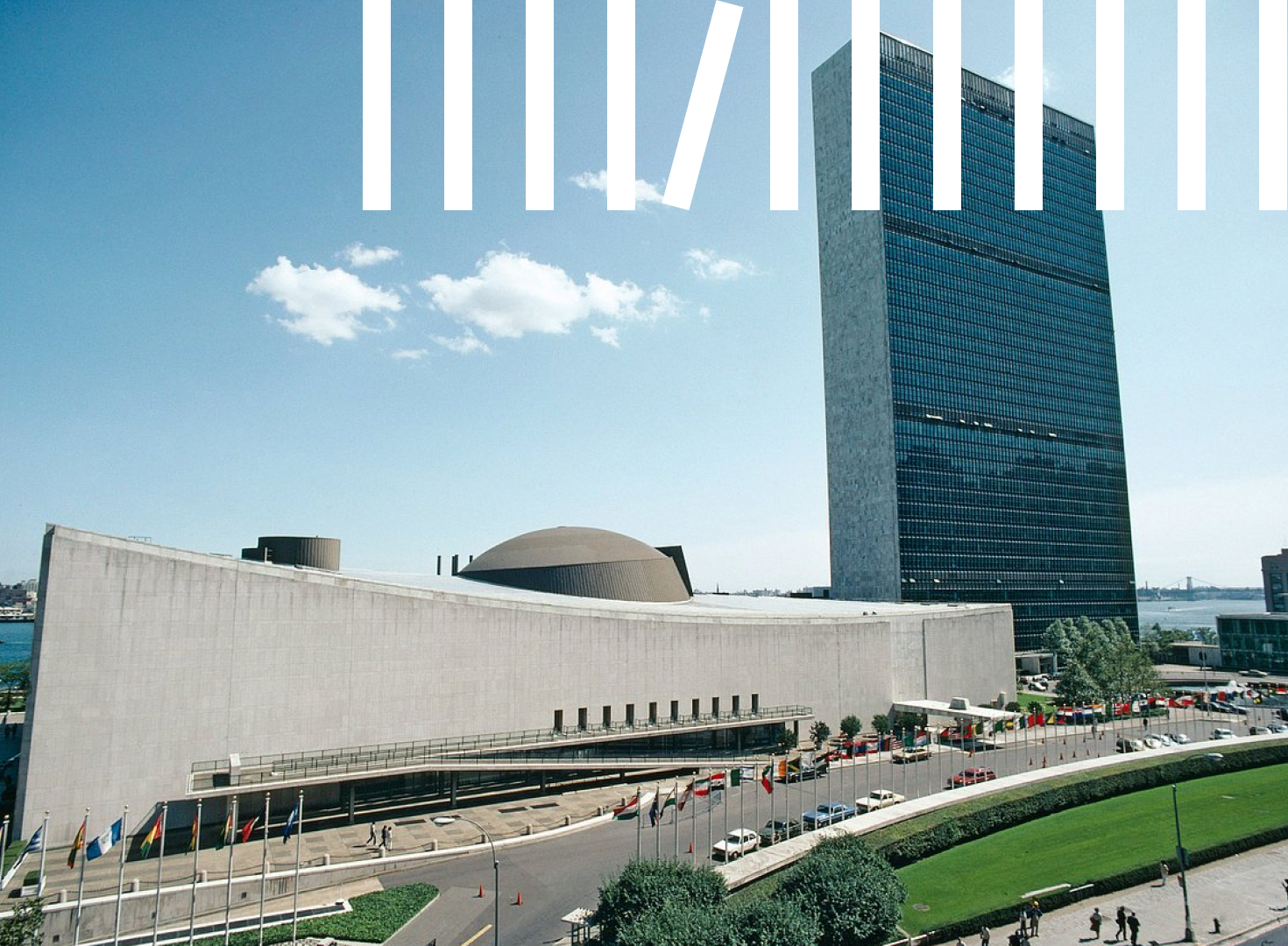About
The UN and Democracy Hub, powered by International IDEA, is a user-friendly and intuitive digital library that provides a one-stop-shop for knowledge resources, data, and analysis on democracy-related topics in the context of the work of the United Nations.
The International Institute for Democracy and Electoral Assistance (IDEA) is an intergovernmental organization with an explicit mandate to support sustainable democracy worldwide. Through its Permanent Observer status to the United Nations, International IDEA acts as a voice on democracy in the UN General Assembly and uses its global comparative data and analysis to underpin its statements and advocacy, bringing in the lens of democracy into UN discussions and processes, including the 2030 Agenda.

The UN and Democracy Hub, powered by International IDEA, is a user-friendly and intuitive digital library that provides a one-stop-shop for knowledge resources, data, and analysis on democracy-related topics in the context of the work of the United Nations.
The International Institute for Democracy and Electoral Assistance (IDEA) is an intergovernmental organization with an explicit mandate to support sustainable democracy worldwide. Through its Permanent Observer status to the United Nations, International IDEA acts as a voice on democracy in the UN General Assembly and uses its global comparative data and analysis to underpin its statements and advocacy, bringing in the lens of democracy into UN discussions and processes, including the 2030 Agenda.

Despite democracy not being an explicit core value of the United Nations Charter, its values are supported through the promotion of human rights, development as well as peace and security. References to aspects of democracy, such as elections and civil and political rights, are found across a range of declarations, agendas, resolutions, and other documents produced by/or about the UN.

The purpose of the Hub is to facilitate access to these relevant UN resources across the main themes of democracy, development, political participation, gender equality, human rights, peace and security, and other emerging issues. The main themes include an additional set of 44 sub-topics, ranging from inclusive and responsive global governance to climate change and democracy. This tool is available to member states, policymakers, journalists, researchers, and the public in general who wish to gain more knowledge on how democracy and its principles have been portrayed throughout the history of the UN. The digital library includes knowledge and other resources developed by UN agencies, non-governmental organizations, inter-governmental organizations, and other stakeholders.
